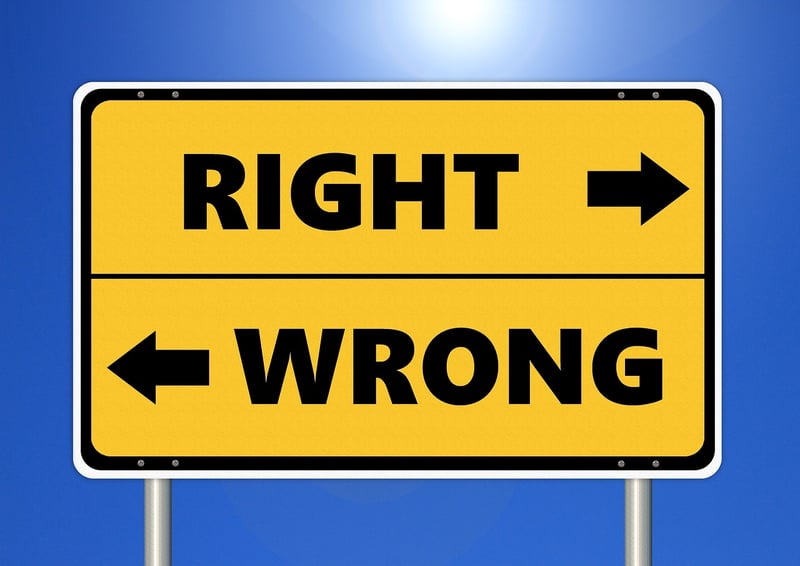Moral Obligations
The Ethical Implications and Moral Obligations in Today's Society
In our rapidly evolving world, ethical considerations and moral obligations play a crucial role in shaping our society. With the advancements in technology, globalization, and social issues, it is more important than ever to reflect on the ethical implications of our actions and the moral responsibilities we hold towards one another.
Understanding Ethical Implications
Ethical implications refer to the potential consequences of a decision, action, or event on individuals, communities, or the environment. It involves evaluating whether an action is right or wrong based on moral principles and values. In today's interconnected world, the choices we make can have far-reaching effects, making it essential to consider the ethical implications of our behavior.
Exploring Moral Obligations
Moral obligations are the duties and responsibilities individuals have towards others based on ethical principles or societal norms. These obligations guide our behavior and help us distinguish between right and wrong. Whether it is respecting the rights of others, promoting justice, or protecting the environment, fulfilling our moral obligations is essential for a harmonious and just society.
The Intersection of Ethics and Morality
Ethics and morality are closely intertwined, with ethics providing a framework for evaluating the moral implications of our actions. While ethics focuses on the philosophical study of right and wrong, morality guides our everyday behavior and decision-making. By aligning our actions with ethical principles and fulfilling our moral obligations, we contribute to a more ethical and compassionate society.
Challenges and Controversies
Despite the importance of ethical considerations and moral obligations, there are often challenges and controversies in addressing them. Conflicting interests, cultural differences, and evolving technologies can complicate ethical decision-making. However, by engaging in open dialogue, promoting empathy, and upholding universal values, we can navigate these challenges and uphold our moral responsibilities.
Embracing Ethical Leadership
As individuals and leaders in our communities, embracing ethical leadership is crucial in fostering a culture of integrity and accountability. By setting a positive example, advocating for ethical practices, and holding ourselves and others accountable, we can create a more ethical and sustainable future for generations to come.
Conclusion
In conclusion, ethical implications and moral obligations are fundamental aspects of our society that shape our relationships, decisions, and collective well-being. By reflecting on the ethical consequences of our actions, fulfilling our moral duties, and promoting ethical leadership, we can create a more just, compassionate, and sustainable world for all.


